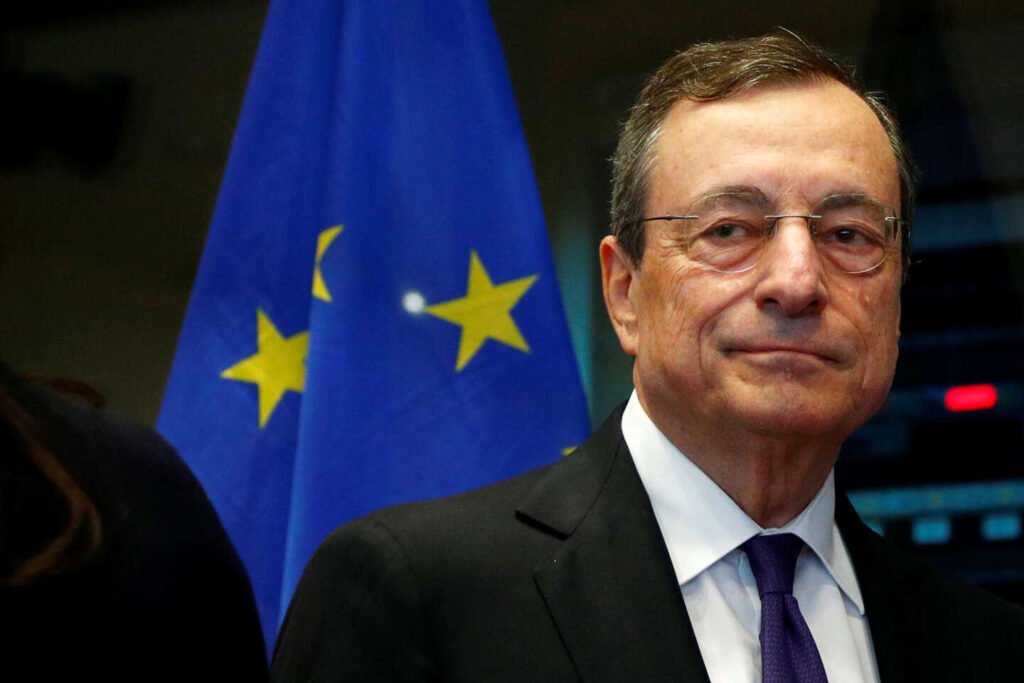aThe Italian offensive is underway to save Europe, and that is to be welcomed. The same week, former Italian prime ministers Enrico Letta and Mario Draghi, known for their dedication to Europe, announced a bold move to keep the European Union abreast of the economic superpowers of the United States and China. I made a proposal.
In a speech to members of the European Conference on Social Rights in La Hulpe, Belgium, on Tuesday, April 16, Draghi, the former president of the European Central Bank, called for “fundamental changes.” He called for “a redefinition of our social rights.” This coalition is as ambitious as what the Founding Fathers did 70 years ago with the creation of the European Coal and Steel Community. ”
Draghi is due to submit a report on Europe’s competitiveness in June, but he believes the EU as envisioned is not equipped to stand up to major powers such as the United States and China. “Our organizations, our decision-making and our financing were designed for yesterday’s world: before COVID-19, before Ukraine, before the Middle East conflagration, before the resurgence of great power conflict,” he said. He said that If the EU does not want to be co-opted, he argued, it needs to have instruments adapted to “the world of today and tomorrow”.
Fragmentation of the European internal market
This was also the objective of President Letta, who on April 18, as part of the mission entrusted to him by the European Commission, presented a report on internal market reform to the leaders of the 27 member states gathered in Brussels. . The former Social Democratic prime minister insists that the European single market, which was conceived at a time when “European countries were world powers”, is “less than 20 years old”.th ‘century’ as the world’s balance is reversed.
If Europe remains stuck in its original structure, it will continue to fall inexorably behind China and the United States. Today, the fragmentation of Europe’s domestic market not only prevents it from competing with the world’s major economic powers, but also creates jobs abroad, making European companies prey to these powers.
Mr Letta put forward a number of proposals to encourage the creation of European champions in the telecommunications, energy and finance sectors. One of his essential measures to take this step is the integration of capital markets at EU level, a project launched ten years ago. As in the US, integrated capital markets would enable Europe to mobilize surplus private savings to finance long-term investments in the green and digital transition.
At the European Summit in Brussels on April 18, German Chancellor Olaf Scholz and French President Emmanuel Macron sought to give impetus to the Capital Markets Union and floated the idea of launching a European savings product. defended. This joint French-German effort should be commended. However, it has encountered resistance from more than a dozen member states, led by Luxembourg and Ireland, who insist on national powers of financial supervision and taxation. This topic will be discussed again in June.
The hope is that the Draghi report will provide the shockwave effect needed to convince recalcitrant countries of the scale of the challenge facing Europe.

